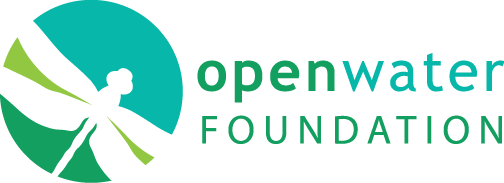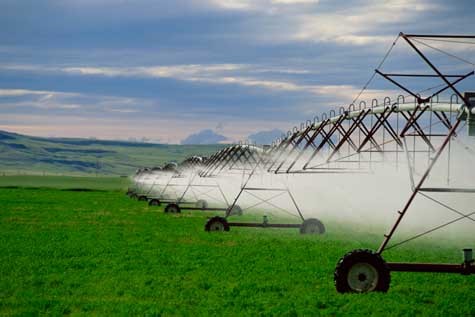The Customer
Colorado Water Conservation Board (CWCB) [2012-2013]
The Challenge
The drought of the early 2000s resulted in the curtailment of out-of-priority high capacity wells in the South Platte basin. Court cases have resulted in an era of full augmentation requiring well-pumpers to fully offset river depletions through groundwater recharge, reservoir releases, or other methods as decreed in augmentation plans. Several locations in the South Platte basin have experienced high groundwater levels, causing some to ask why wells cannot be pumped to lower the alluvial aquifer that has been filling up due to the pumping restrictions. In 2012, the Colorado Legislature passed HB-1278 to study interactions of the South Platte alluvial aquifer and answer many questions related to water supply in the basin.
The Solution
State of Colorado’s HydroBase database and Colorado’s Decision Support Systems (CDSS) TSTool software.
The Impact
This project asks questions about system-wide issues that have not been addressed by other recent project and lays the foundation for additional discussion about the South Platte Basin.
The Implementation
The Open Water Foundation has been providing support to the Colorado Water Institute (CWI) at Colorado State University (CSU), which was tasked with executing the study. Primary OWF activities include:
- Providing expertise in using the State of Colorado’s HydroBase database and data contained in the database, including troubleshooting issues with Colorado Division of Water Resources staff
- Enhancing the CDSS TSTool software to facilitate automated data processing and analysis using repeatable, transparent, and documented processes
- Enhancing the TSTool software to implement a point flow analysis, and working with the CWI team to perform the analysis
- Helping CSU implement a website to publish project results
- Attending South Platte Roundtable and project expert panel meetings to present product findings
The project report will be published in December 2013 at which time recommendations will
be provided to the State of Colorado.

